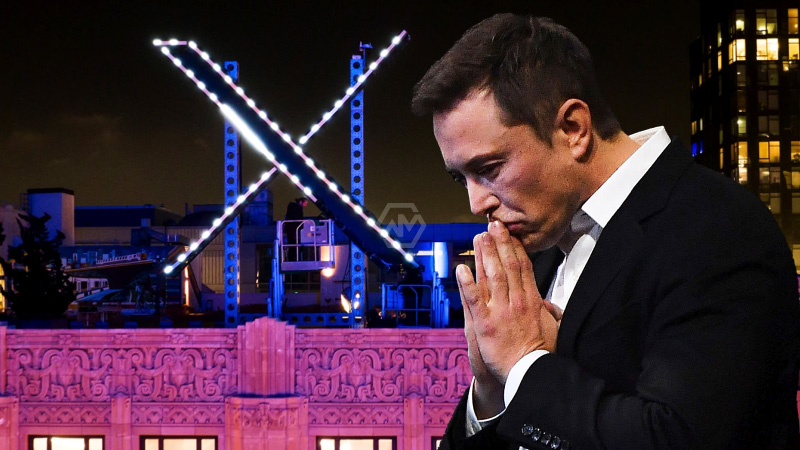- EU accuses X of deceptive practices and non-compliance with Digital Services Act.
- Blue checkmark accessibility criticized for undermining account authenticity.
- X faces potential penalties up to 6% of global revenue if found guilty.
The European Union has leveled serious accusations against X, formerly known as Twitter, alleging deceptive practices and violations of the Digital Services Act (DSA). One of the key issues highlighted is X’s controversial blue checkmark system, which the EU argues can mislead users about account authenticity by allowing anyone to purchase verification for a nominal fee.
Elon Musk, who recently acquired X, has countered these allegations by claiming that the EU offered a secretive censorship deal, which X refused while other platforms accepted. The ongoing investigation could lead to substantial penalties and requirements for X to rectify its practices in compliance with EU regulations.
EU vs. X: The Battle Over Social Media Accountability
X, formerly Twitter, finds itself in a legal tussle with the European Union over allegations of deceptive practices and non-compliance with the Digital Services Act (DSA). The EU’s charges specifically target X’s blue checkmark system, which has been criticized for potentially misleading users about account authenticity. Under Elon Musk’s ownership, the platform now allows users to purchase verification, a departure from its previous selective criteria reserved for celebrities and public figures.
Moreover, the EU accuses X of failing to maintain a transparent database of digital advertisements and restricting researchers’ access to public data, crucial for monitoring online risks. These allegations underscore broader concerns about the platform’s accountability and its ability to combat misinformation effectively.
In response, Musk has publicly criticized the EU, alleging an undisclosed censorship agreement offered to X, which he claims the platform rejected while others accepted. The outcome of the EU’s investigation could have significant implications for X, including hefty fines and mandated changes to its operational practices to comply with EU regulations.
As X navigates these legal challenges in the EU, the outcome of the investigation will likely shape future regulatory measures for social media platforms operating within the region. The case highlights the growing scrutiny and demand for transparency in digital spaces, reflecting broader concerns about online accountability and user trust.
“We cannot allow platforms to use dark patterns to deceive users and spread disinformation unchecked.”
– European Commission spokesperson



